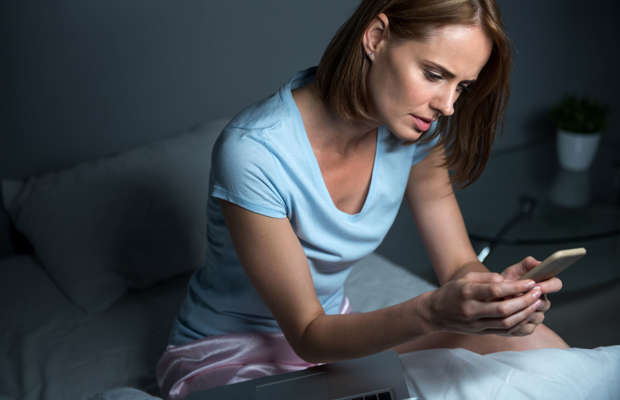
According to the authors of the study, since more people are choosing electronic devices for reading, communication and entertainment, more long-term health issues may also be lurking. Studies have linked reduced sleep with obesity and diabetes. Scientists have also discovered that interrupted circadian rhythms (physical, mental and behavioral changes that follow a 24-hour cycle, responding to light and darkness) may lead to increased risk of breast cancer and prostate cancer.
Lack of sleep is also associated with a number of other ailments. For example, research indicates that people who get less sleep (six or fewer hours a night) have higher blood levels of inflammatory proteins than those who get more. The C-reactive protein, which is associated with risk of heart attack, was higher in people who got six or fewer hours of sleep a night. Getting a good night’s sleep can also increase creativity, help athletic performance, sharpen attention span, decrease stress levels and fight depression.
“Blue light from screen time suppresses melatonin,” says Raj Dasgupta, MD, assistant professor of clinical medicine at Keck Medicine of USC.
Since the blue light emitted from the screens was the main reason for the negative effects, doctors recommend placing a physical filter for iOS devices or using special Android apps that acts like a filter, such as Twilight or CF.lumen. There is even an app designed for computer screens called F.lux, which changes the color of your computer screen depending on the time of day. Of course, there is the foolproof option of reading books the old-fashioned way on the printed page. Not only will you fall asleep faster, you’ll wake up feeling more refreshed — and perhaps a little wiser — in the morning.
This question originally appeared on Quora. Answer by Keck Medicine of USC.
 6 Things You Should Never Do Right Before Bed
6 Things You Should Never Do Right Before Bed

source : Medical Daily (http://www.medicaldaily.com/)
Related keywords : reading before bed might be killing you

0 Comments